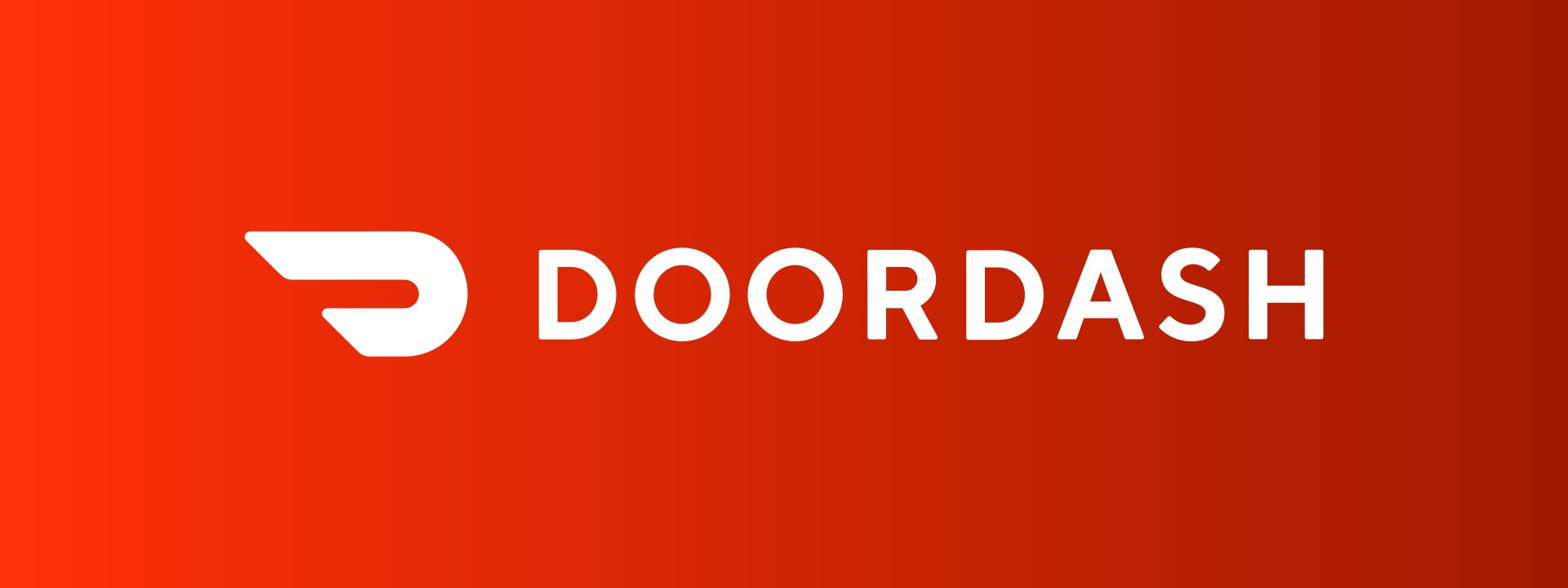
DoorDash's "Buy Now, Pay Later" Option: A Convenience or a Conundrum?
posted Saturday Mar 22, 2025 by Scott Ertz
In a move that has sparked both curiosity and criticism, DoorDash has partnered with Klarna to offer customers the option to pay for their food orders in installments. While this "Buy Now, Pay Later" (BNPL) feature may seem like a convenient solution for cash-strapped consumers, it raises significant questions about financial responsibility, societal priorities, and the broader implications for the economy.
Financing a Burrito: A Sign of the Times?
Imagine craving a Chipotle burrito but realizing you can't afford it outright. With DoorDash's new BNPL option, you can now split the cost into four interest-free payments or defer it to a later date. While this might sound appealing, it also highlights a troubling trend: the normalization of financing even the most basic necessities.
Critics argue that if someone needs to finance a $35 meal (the smallest order that will qualify for the Klarna option), it may be a sign of deeper financial instability. The convenience of BNPL services could encourage impulsive spending, leading consumers to prioritize short-term gratification over long-term financial health. Moreover, the psychological impact of "small payments" can obscure the true cost of purchases, making it easier for individuals to accumulate debt without realizing it.
The Debt Trap
BNPL services like Klarna often market themselves as interest-free and consumer-friendly. However, the reality can be more complicated. Missed payments can result in late fees, and repeated use of such services can lead to a cycle of dependency. For many, the allure of deferred payments may outweigh the potential risks, creating a slippery slope toward financial instability.
According to recent data, Americans already hold over $1.2 trillion in credit card debt. Adding BNPL options for everyday expenses like food could exacerbate this issue, particularly for those who are already financially vulnerable. While Klarna claims to conduct eligibility checks and restrict services for those who miss payments, the broader societal impact of normalizing debt for essentials cannot be ignored.
Economic and Societal Implications
The introduction of BNPL for food delivery is not just a financial issue; it's a societal one. It reflects a growing divide between the cost of living and the average person's ability to afford it. When financing a meal becomes a viable option, it underscores the economic pressures faced by many households, which have risen sharply over the past 4 years.
From an economic perspective, the widespread adoption of BNPL services for essentials could have far-reaching consequences. It may contribute to increased consumer debt, reduced savings rates, and a reliance on credit to sustain daily life. On a societal level, it raises ethical questions about the role of corporations in addressing - or exploiting - financial insecurity.
A Wake-Up Call
While DoorDash and Klarna tout their partnership as a way to provide "flexibility and control" to consumers, it's worth questioning whether this is a step forward or a step back. Should we be celebrating the ability to finance a burrito, or should we be addressing the underlying economic issues that make such options necessary?
In conclusion, DoorDash's BNPL feature is a double-edged sword. While it offers convenience, it also highlights the precarious state of personal finances for many Americans. As we navigate this new frontier of consumer spending, it's crucial to consider the long-term implications for individuals and society as a whole. After all, if we're financing our meals today, what will we be financing tomorrow?

